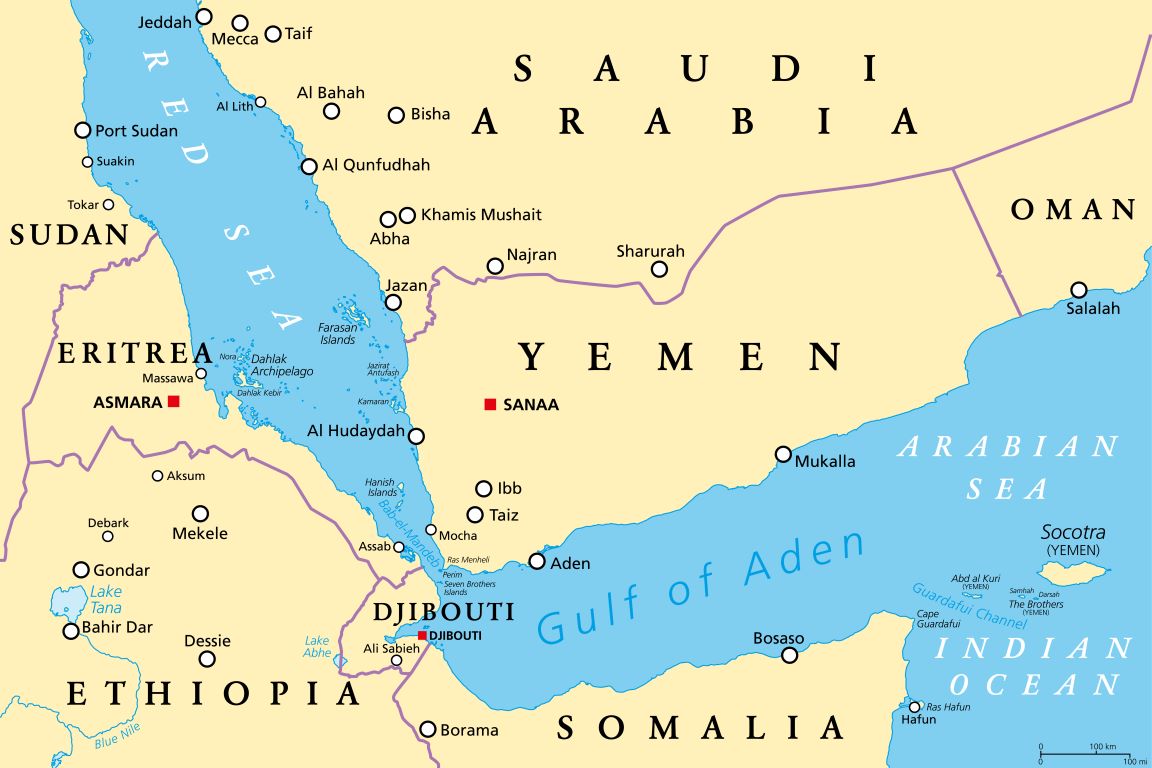To secure maritime navigation in the Red Sea and maintain the security of the region and the Horn of Africa, Egyptian Foreign Minister Dr. Badr Abdel-Ati visited the countries of Djibouti and Somalia, during which he discussed several important files.
The Egyptian Foreign Ministry stated that Minister Abdel-Ati held two expanded bilateral discussions with his Djiboutian and Somali counterparts today, Friday, followed by two press conferences in the two countries, on the sidelines of the ceremony celebrating the inauguration of a new airline linking Egypt to the two Arab countries.
Ambassador Ahmed Abu Zeid, the official spokesman and director of the Public Diplomacy Department at the Ministry of Foreign Affairs and Immigration, stated that Abdel Ati’s discussions with the Minister of Foreign Affairs of Djibouti covered the issue of security of the Red Sea and ensuring freedom of international navigation, especially since Egypt and Djibouti are among the countries most affected by developments in this important trade corridor.

It is noteworthy that there are a number of collaborative efforts to combat piracy and illicit maritime activities in the Red Sea, and many global powers have built sites in Djibouti.
The Red Sea also enjoys shared legal frameworks and structures, such as the Djibouti Code of Conduct/Jeddah Agreement (DCoC), and there are efforts at greater cooperation in law enforcement, civil-military actions, and information sharing.
bout half of the arena’s countries are the main littoral states of Djibouti, Egypt, Eritrea, Kingdom of Saudi Arabia (KSA), Sudan, and Yemen, as well as two states with Red Sea access via the Straits of Tiran, Israel and Jordan, and one country that lost its Red Sea access thirty years ago: Ethiopia.




